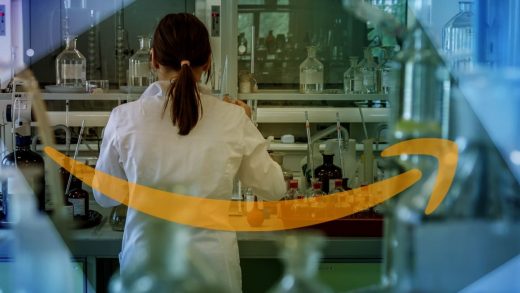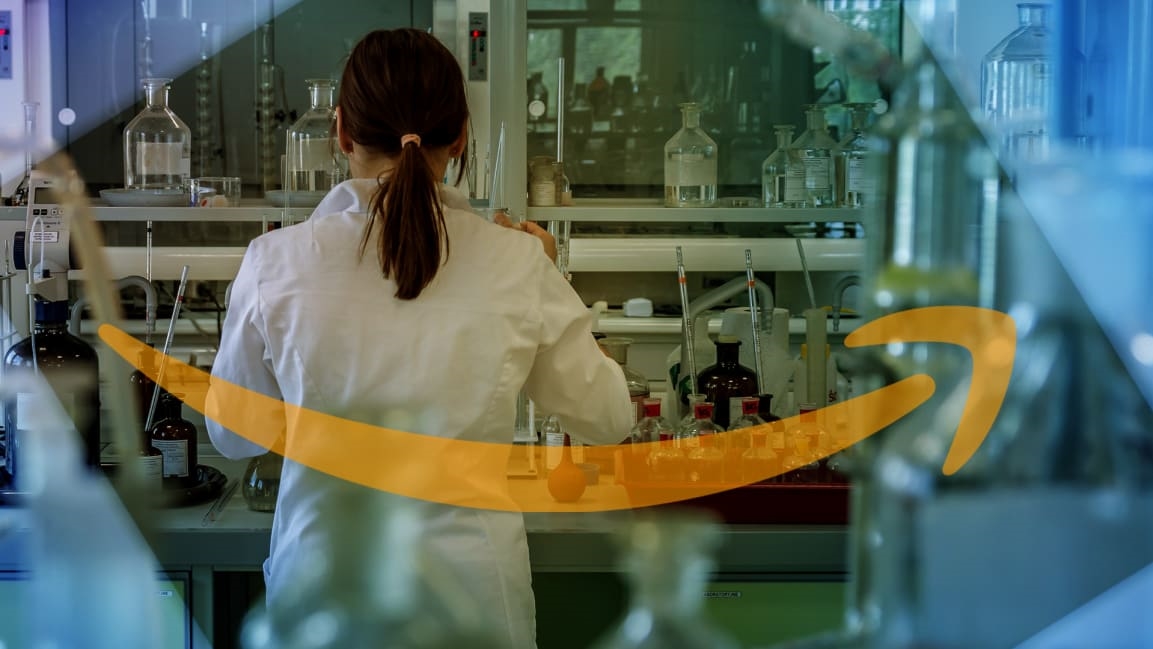Amazon’s AWS will help health researchers diagnose patients and monitor disease
Amazon has been busy building up an expertise in healthcare. Its latest foray comes through a deal with a consortium of medical research institutions in Pittsburgh. The company’s Amazon Web Services arm is lending its machine learning technology to the Pittsburgh Health Data Alliance to assist in the development of new technologies around diagnosing patients and monitoring disease.
The four-year-old consortium is made up of Carnegie Melon University, the University of Pittsburgh, and the University of Pittsburgh Medical Center. The idea is to combine their vast amounts of health data in an effort to come up with better ways of treating patients. The organization has eight projects it’s hoping to bring closer to commercialization with the help of AWS. In particular, the release mentions “cancer diagnostics, precision medicine, voice-enabled technologies and medical imaging.”
Amazon’s stated intention in sponsoring the PHDA is to help the organization do its work faster. “We believe that machine learning can significantly accelerate the progress of medical research and help translate those advances into treatments and improved experiences for patients,” Swami Sivasubramanian, vice president of machine learning at AWS, said in a statement.
Amazon has been increasingly pushing its way into public health, most notably with the formation of Haven, a consortium between itself, JPMorgan, and Berkshire Hathaway to experiment with healthcare systems. Last year, Amazon bought mail-order pharmacy PillPack for $753 million, and this year it made Alexa HIPAA compliant, giving it the ability to transmit patient healthcare data.
Several major healthcare providers—including Cigna and Livongo—have developed “skills” that its patients can use on the Alexa platform. In the U.K., Alexa can now remit public health information from the United Kingdom’s National Health Service to its users. Amazon also has access to patient glucose levels and can set up doctors appointments and even conduct check-ins with patients post-operation.
Many of these healthcare initiatives revolve around patient care in the home, but the company has also been building tools for hospitals. Last year, it released Comprehend Medical, which uses machine learning to dig through health records for pertinent patient information using natural language processing. This year, it expanded Textract, a text extraction tool, to all AWS members and highlighted how Healthfirst planned to use it to collect data from medical charts.
PHDA will be using AWS machine-learning capabilities in interesting ways. For one, the scientists plan to try using the technology to diagnose a patient’s mental health through the way they behave, look, or sound. They’re also working on developing individual risk scores for cancer patients and charting how tumors grow and change over time.
(21)



